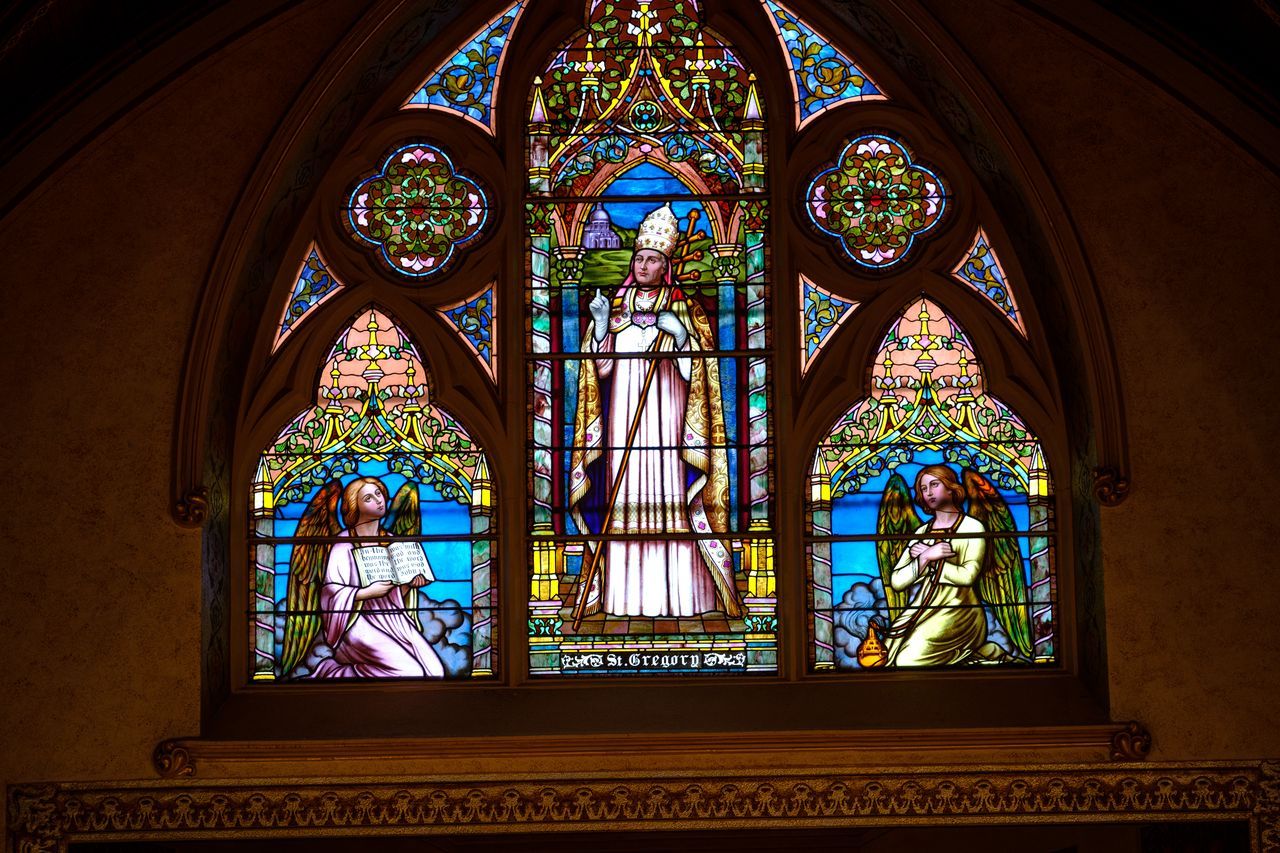Anointing the Sick
He summoned the Twelve and began to send them out two by two…They anointed with oil many who were sick and cured them. (Mark 6:7, 13)
Through the sacrament of anointing, Christ strengthens the faithful who are afflicted by illness, providing them with the strongest means of support. Jesus showed great concern for the bodily and spiritual welfare of the sick and commanded his followers to do the same. The celebration of this sacrament is an opportunity for the deepening of the faith of the community who are able to witness the faith and devotion of those being anointed.
This is a ministry of comfort. Through Anointing, the sick are reminded that Christ and the Church are in communion with their suffering. The Holy Spirit shares the blessings of health, trust in God, and strength against temptation.
Anointing of the Sick takes place every first full weekend of the month after all the Masses.
The Catechism of the Catholic Church on Anointing of the Sick:
1526
"Is any among you sick? Let him call for the presbyters of the Church, and let them pray over him, anointing him with oil in the name of the Lord; and the prayer of faith will save the sick man, and the Lord will raise him up; and if he has committed sins, he will be forgiven" (Jas 5:14-15).
1527
The sacrament of Anointing of the Sick has as its purpose the conferral of a special grace on the Christian experiencing the difficulties inherent in the condition of grave illness or old age.
1528
The proper time for receiving this holy anointing has certainly arrived when the believer begins to be in danger of death because of illness or old age.
1529
Each time a Christian falls seriously ill, he may receive the Anointing of the Sick, and also when, after he has received it, the illness worsens.
1530
Only priests (presbyters and bishops) can give the sacrament of the Anointing of the Sick, using oil blessed by the bishop, or if necessary by the celebrating presbyter himself.
1531
The celebration of the Anointing of the Sick consists essentially in the anointing of the forehead and hands of the sick person (in the Roman Rite) or of other parts of the body (in the Eastern rite), the anointing being accompanied by the liturgical prayer of the celebrant asking for the special grace of this sacrament.
1532
The special grace of the sacrament of the Anointing of the Sick has as its effects:
- the uniting of the sick person to the passion of Christ, for his own good and that of the whole Church
- the strengthening, peace, and courage to endure in a Christian manner the sufferings of illness or old age
- the forgiveness of sins, if the sick person was not able to obtain it through the sacrament of Penance
- the restoration of health, if it is conducive to the salvation of his soul
- the preparation for passing over to eternal life.
More...
Anointing of the Sick is also a sacrament of healing. Anointing of the Sick was once known as "extreme unction." The idea behind this sacrament is that we are all members of the body of Christ. When one of us suffers, all of us suffer, and all of God's creation suffers with us.







